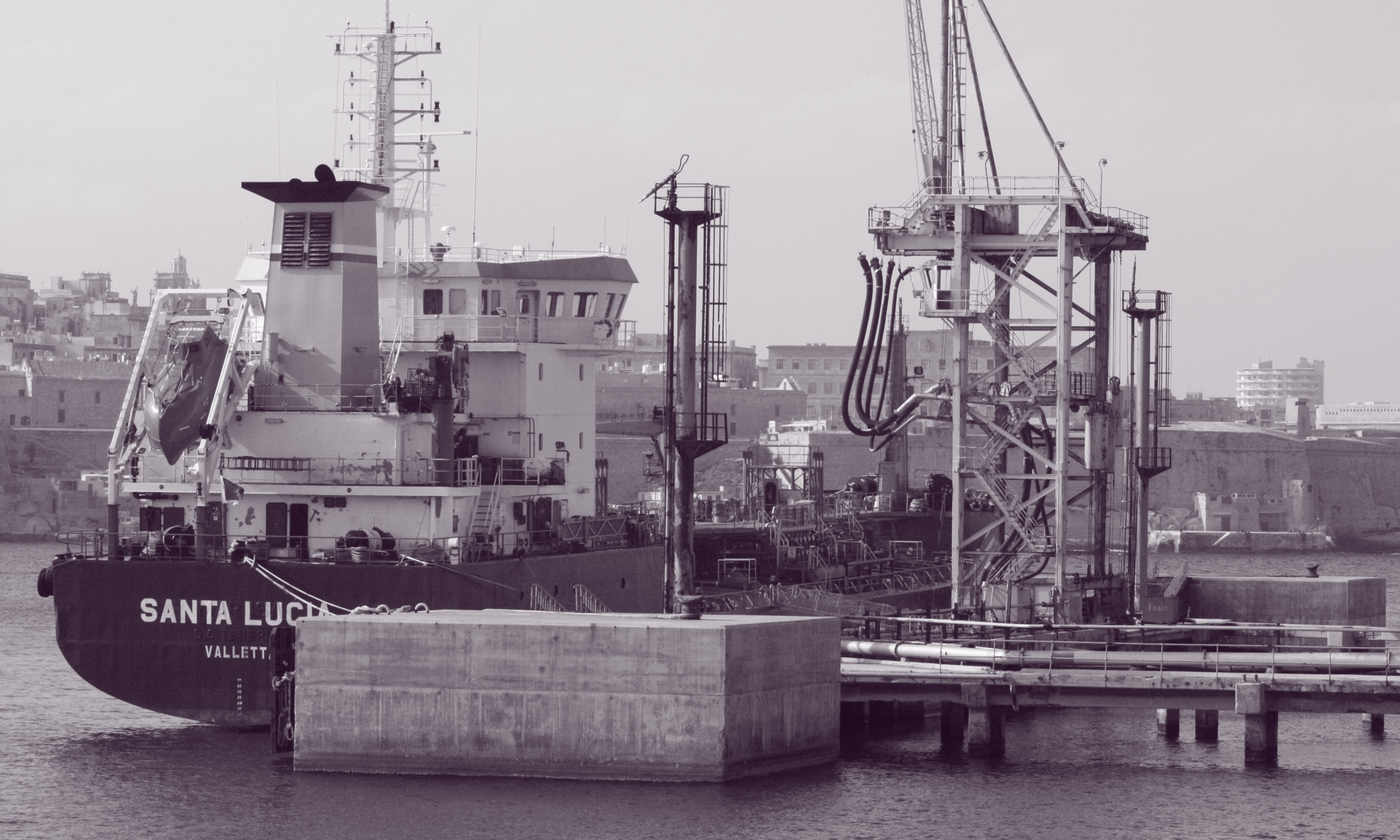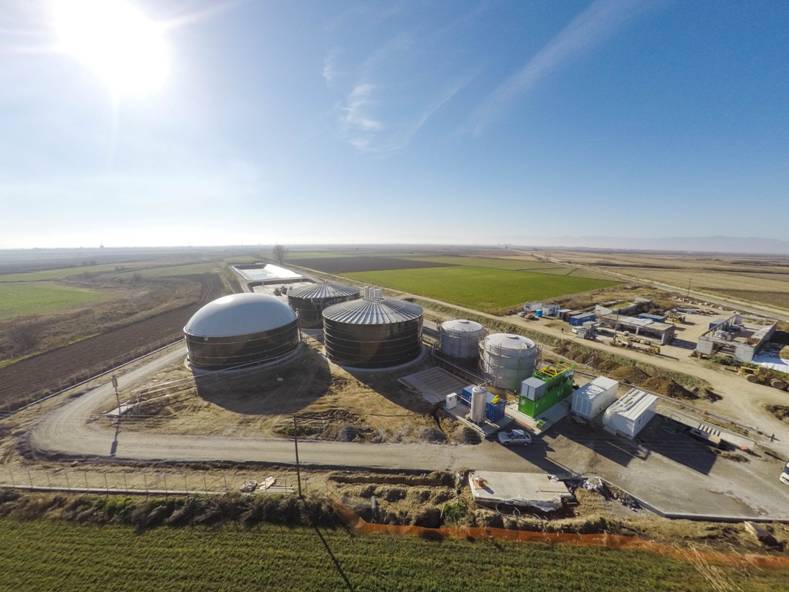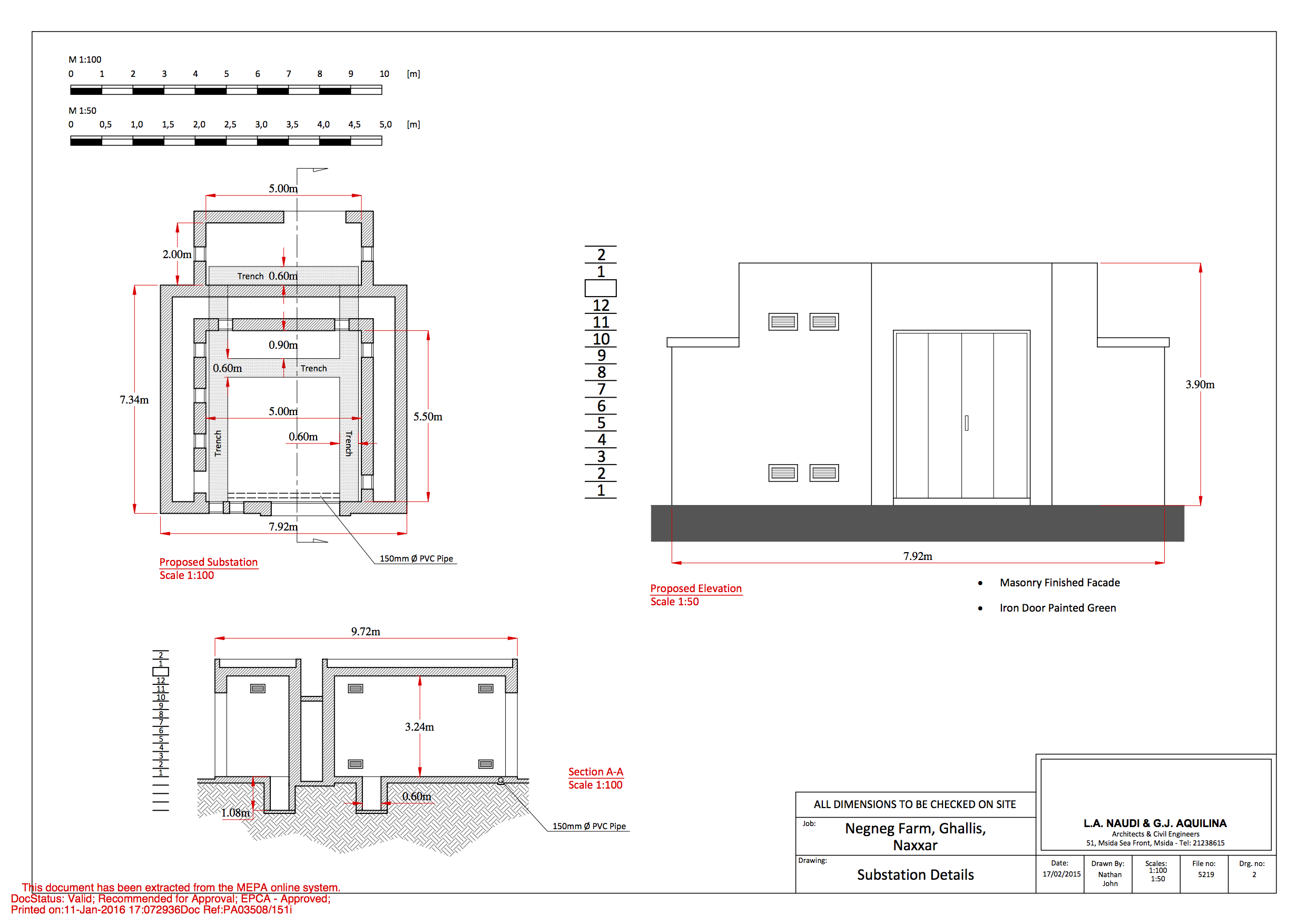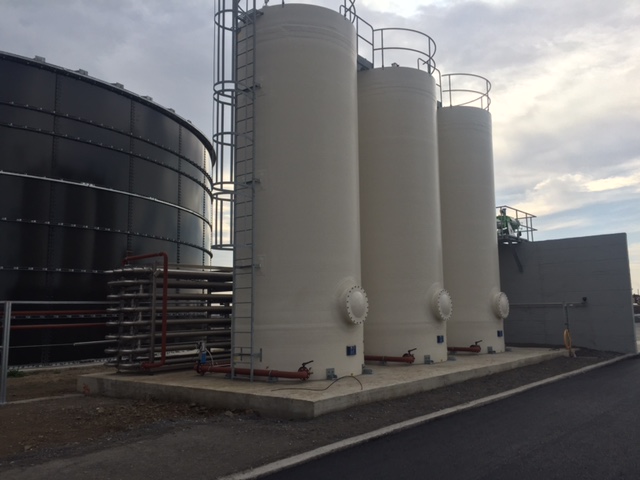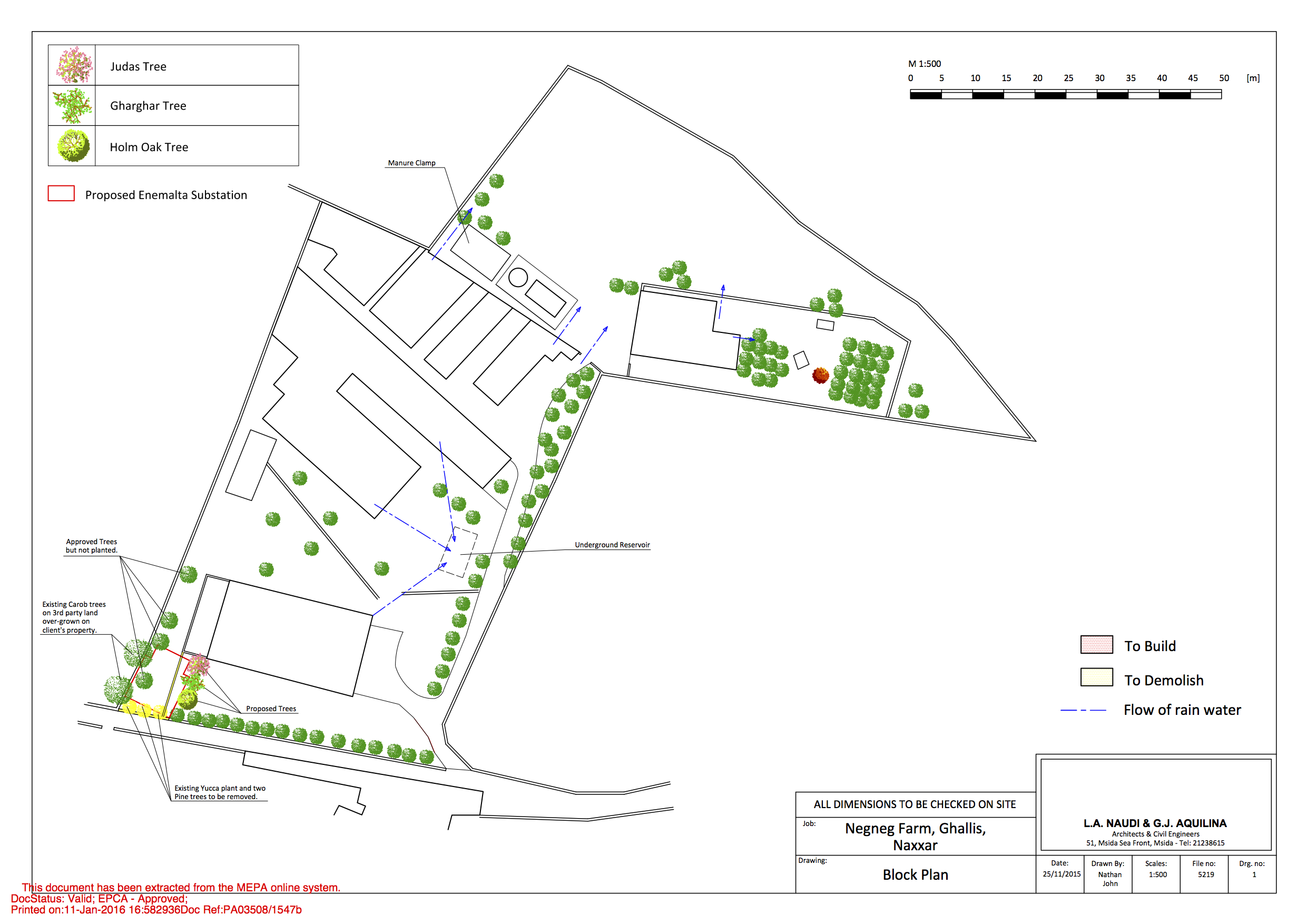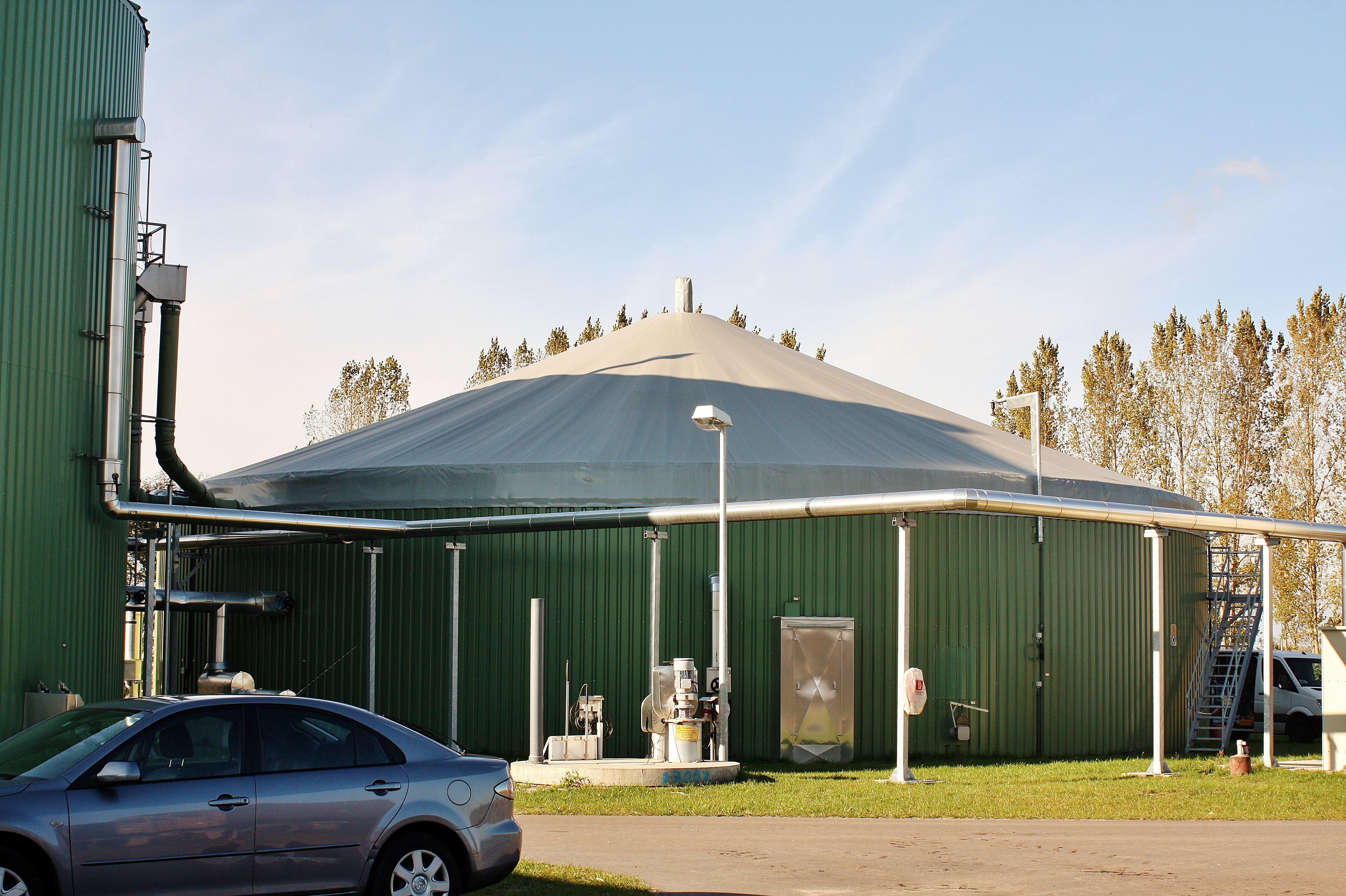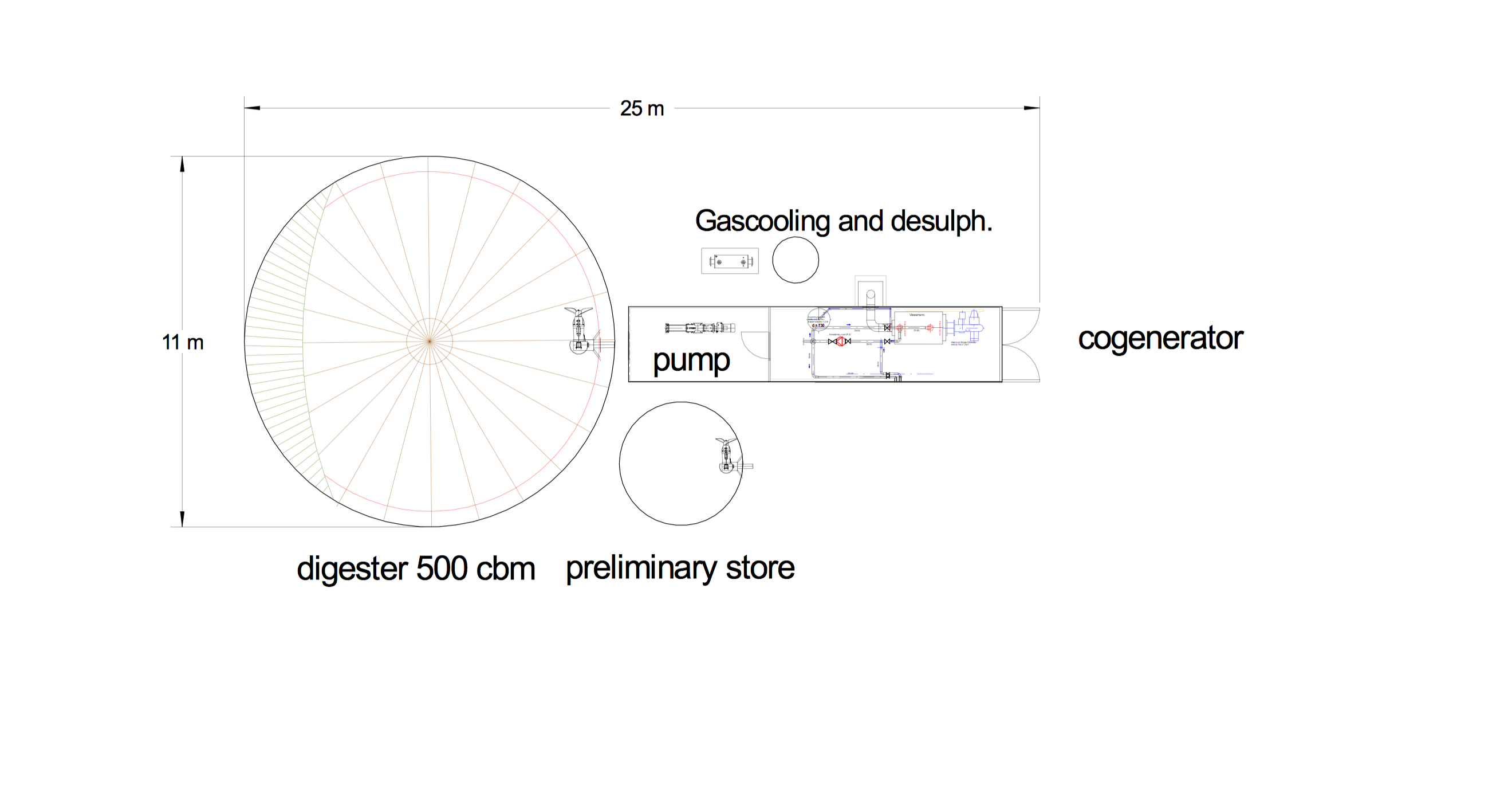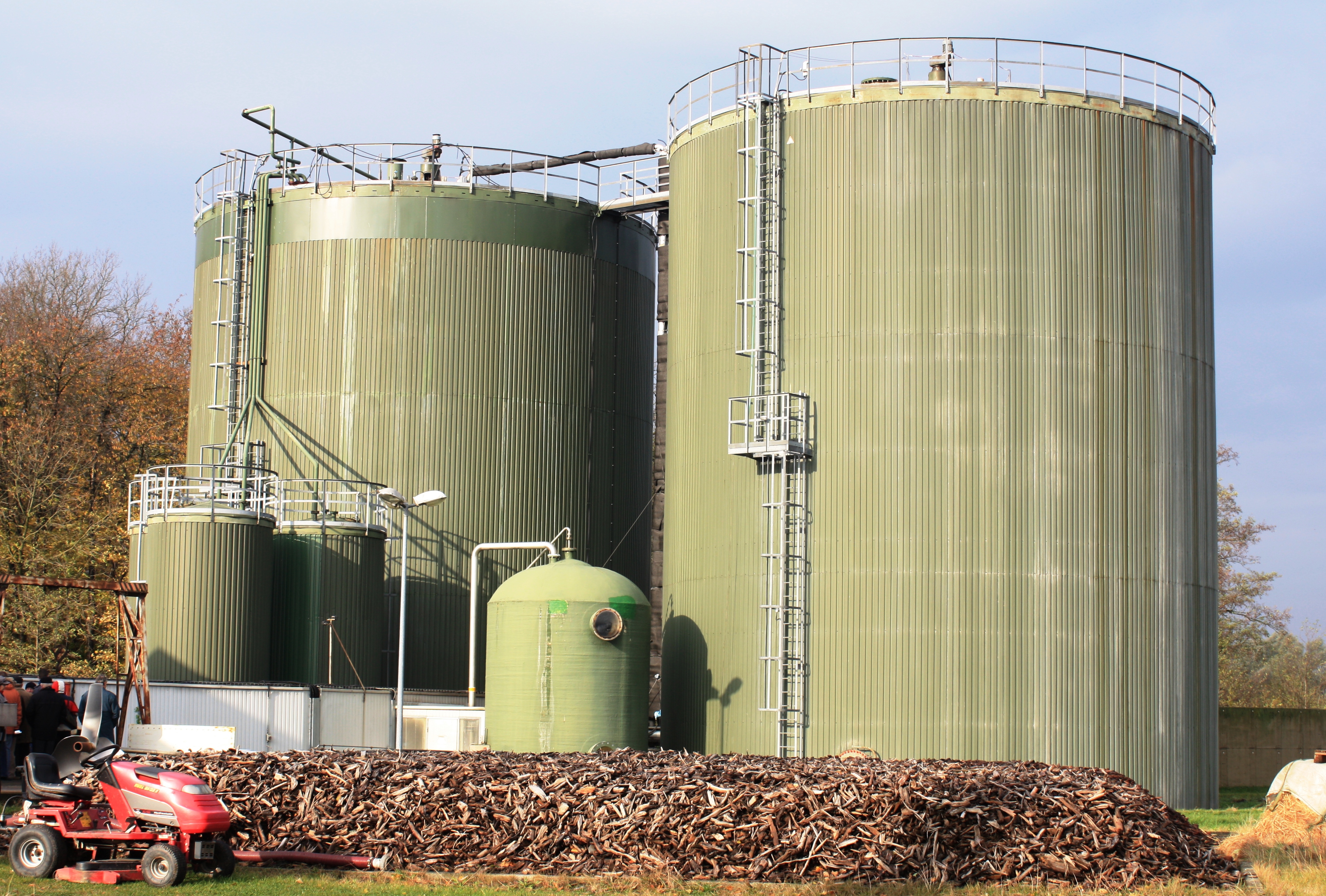Since it’s first years of operation, our Company studied intensively these fields and thereby those related, in order to highlight the existing market opportunities and how these can be enhanced, whilst highlighting existing market threats and how these can be overcome. Mi&Ti Services Co. Ltd., has initially invested heavily in research and development into these areas, primarily on an international basis, and eventually analysed how the international scenario can be adapted locally.
Our technical team participated in various seminars and conferences in the EU on the subject and following this, had also private meetings with various technology providers. It was not an easy ride, however Mi&Ti Services Co. Ltd, can boast with being the first Company in Malta that has lead a Bio Mass project to a successful one.
The Project
Being the first Company to be operating the first bio mass project locally, Mi&Ti Services Co. Ltd. had to face and deal with certain situations that were never faced before in Malta. The local authorities had never dealt with such a project and thus no FIT was even available. Through a lengthy process of 3 years, whereby research was made, meetings held, various onsite inspections, detailed technical analysis, our technical team and the CEO, have identified the sight at Maghtab, Malta, in collaboration with a local farm.
Based on our technical expertise business analysis, it was decided that the best approach for the Maltese Islands was to construct small-sized BioMass plants (in the range of 75kW to 300kW).
Our architects, laboratory technicians and engineers, together with the assistance of the local authorities, have initiated immediately after the decision was taken to make the project into action. On the fifth year, following hard work persistence, all the required permits were issued.
It is our greatest pleasure to finally say that, following hard work and collective effort we state that “our dream has come true”.
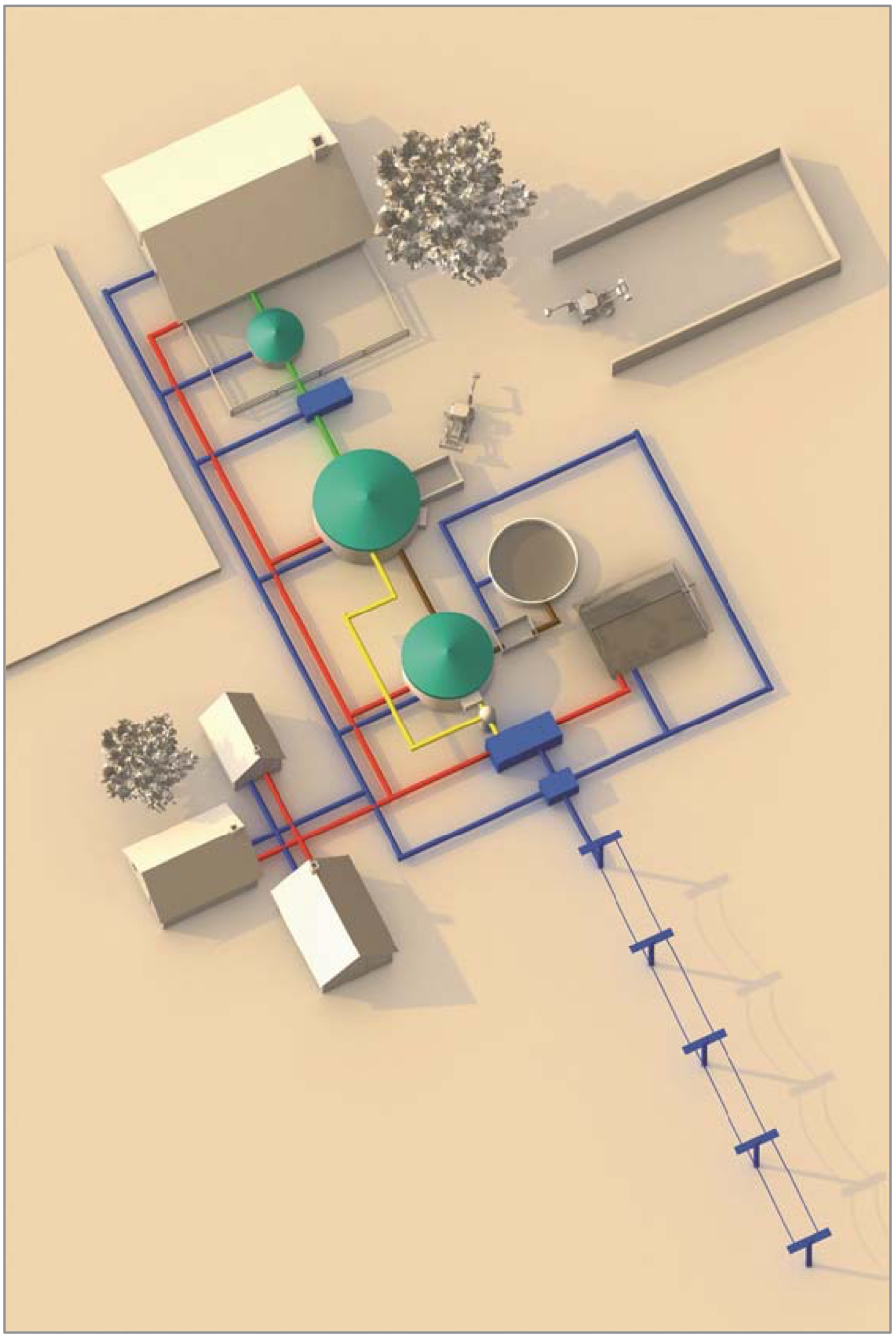
Operation Principle of a Biogas Plant
Biogas is produced by the anaerobic (oxygen-free) decomposition of bio-mass. Suitable substrates are almost all organic substances such as manure, sewage, sludge, organic waste and dedicated energy crops that are particularly grown for the purpose of energy production.
In addition to the aforementioned, biogas substances can also evolve from waste in countries, cities and communities; such as grass clippings, food waste and by-products of food production.
The substrates are pumped into the heated, insulated digester in which they are fermented at temperatures between 40 °C and 45 °C. Bacteria can brew the biomass and thereby create a methane-containing gas that can run cogeneration plants (CHP) and generate electricity and/or heat.
The electrical power can be fed into the public grid, whereas the heat can be used for the heating of buildings (such as housing areas, hospitals and greenhouses) and other process operations, for example steam generation and drying or even cooling by the implementation of an absorption system.
The digestates can be conveyed into the corresponding final storages and constitute valuable compost and fertiliser
